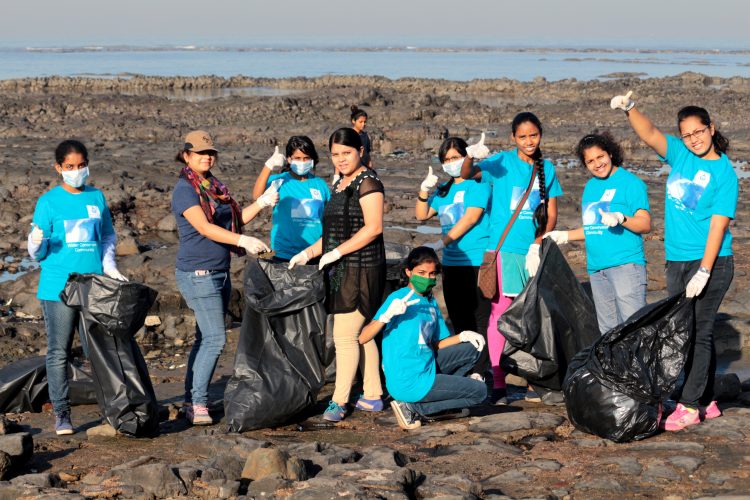Marasmus is a condition of severe malnutrition. The disease can be life threatening, but treatment for it is available. Anyone suffering from malnutrition can get affected by the disease. It is mostly children in developing nations besides some adults who suffer from this disease.
Being underweight is one main symptom of Marasmus. Subcutaneous fat and lots of muscle is lost by children suffering from this condition. Other symptoms of the disease include brittle hair and dry skin. Children affected by Marasmus lack willingness and energy to do anything. Respiratory infections, stunted growth, chronic diarrhea, intellectual disability and chronic diarrhea are the other symptoms Marasmus infected children could face. Children affected with a serious condition have little or less enthusiasm in activities, are irritable, short-tempered and look older.
Main cause of Marasmus is nutrient deficiency. The disease occurs in children with inability to ingest enough carbohydrates, calories, proteins and other vital nutrients. Due to infection the body is not able to absorb or process the nutrients properly. This is generally due to scarcity of food and poverty.
The body does not get all nutrients and vitamins for proper functioning leading to a form of malnutrition, Marasmus. The body is unable to fight disease and grow well.
The disease is referred to wasting also. Physical appearance of the person changes and the person becomes skeletally thing. The person develops a withered appearance due to loss of muscle tissue and body fat.
Marasmus Causes and Symptoms
Symptoms of Marasmus include sunken eyes, thin face, diarrhea, persistent dizziness, loose skin hanging from buttocks, thighs and upper arms, clear visibility of shoulders and ribs through skin, frequent infections and dehydration and irritable behavior.
Depending upon age of the patient, loss of body weight, ability to resist infection and nutrition, the treatment is accordingly given. Marasmus treatment includes administering a rich diet filled with carbohydrates, nutrients and calories.
Chances of recovery lessen if the disease goes untreated for a long time. Visiting the doctor immediately is the best solution. Blood tests are done but it is difficult to diagnose Marasmus.
The medical practitioner sets up the treatment plan, Feeding is done in small quantities through tubes to the stomach and veins for quick delivery of fluid and food to the body. To recover fully, it takes months and that too if proper treatment plan is followed. Having a well balanced diet is the best way to prevent Marasmus. Developed nations must ensure good hygiene and sanitation to prevent the disease spread. Also, newborns must be breastfed by their mothers as far as possible to increase immunity in the child.







